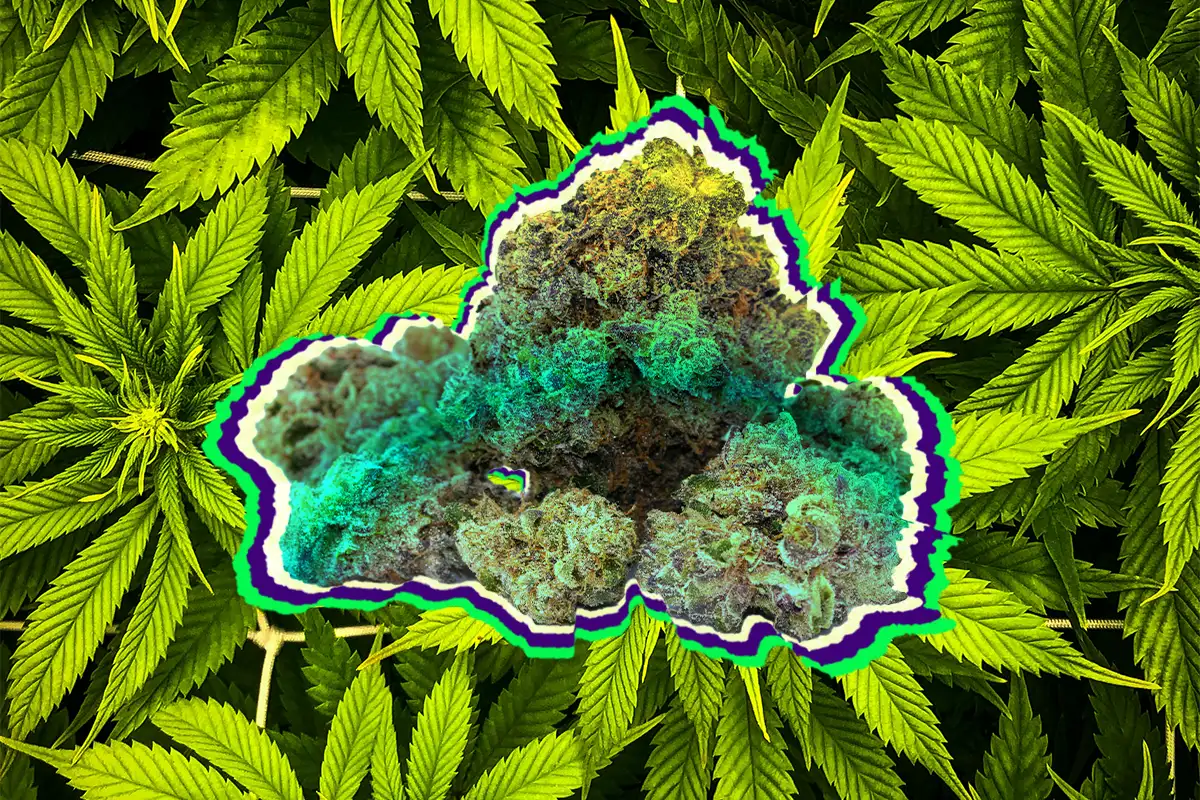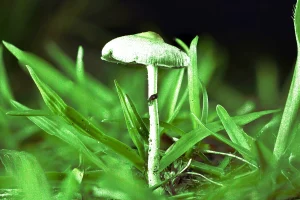The Drug Enforcement Administration (DEA) has made a historic decision to move marijuana from Schedule I to Schedule III under the Controlled Substances Act (CSA).
The decision comes more than 50 years after cannabis was first listed as a strictly prohibited drug, on par with heroin, and defined as a substance with no known medical value and significant abuse potential.
Moving marijuana to Schedule III, as recommended by the U.S. Department of Health and Human Services (HHS), also carries major implications for state-legal cannabis businesses. When implemented, it will mean that marijuana firms can officially take federal tax deductions they’ve been barred from under an Internal Revenue Service (IRS) code known as 280E.
READ: Multiple Presidential Candidates Push Psychedelics Reform on 2024 the Campaign Trail
The proposed rescheduling determination, first reported by the Associated Press, will free up research barriers currently imposed on scientists who wish to study Schedule I substances.
The next step in the rescheduling process is for the White House Office of Management and Budget (OMB), to review the rule. If approved, it would go to public comment before potentially being finalized.
Federal health officials said their review found that more than 30,000 healthcare professionals “across 43 U.S. jurisdictions are authorized to recommend the medical use of marijuana for more than six million registered patients for at least 15 medical conditions.”
“There exists widespread, current experience with medical use of the substance by [health care practitioners] operating in accordance with implemented jurisdiction-authorized programs, where medical use is recognized by entities that regulate the practice of medicine,” HHS said.
In terms of relative safety compared to other substances, the federal health review concluded that “the risks to the public health posed by marijuana are low compared to other drugs of abuse (e.g., heroin, cocaine, benzodiazepines), based on an evaluation of various epidemiological databases for [emergency department] visits, hospitalizations, unintentional exposures, and most importantly, for overdose deaths.”
How to Grow Shrooms Bundle
Take Both of Our Courses and Save $90!
“For overdose deaths, marijuana is always in the lowest ranking among comparator drugs,” it said.
The DEA has been under significant pressure from the Biden administration, particularly Vice President Kamala Harris, to complete the review in a timely manner.
Also, a coalition of 21 congressional lawmakers told DEA this week to “promptly remove marijuana from Schedule I,” while recognizing that the agency may be “navigating internal disagreement” on the issue.
“Although some at the DEA have indicated that the agency’s review of an HHS scheduling recommendation often takes up to six months, almost eight months have now passed since the DEA received HHS’s recommendation,” they said. “While we understand that the DEA may be navigating internal disagreement on this matter, it is critical that the agency swiftly correct marijuana’s misguided placement in Schedule I.”
READ New Bill Would Force DEA to Let Patients Use Psychedelics (and Cannabis)
That point references reporting in The Wall Street Journal that said DEA officials are “at odds” with the Biden Administration over the scheduling review.
Meanwhile, the head of the Food and Drug Administration (FDA) says there’s “no reason” for DEA to “delay” making a marijuana scheduling decision.
Last month, HHS Secretary Xavier Becerra defended his agency’s rescheduling recommendation during a Senate committee hearing and also told cannabis lobbyist Don Murphy that he should pay DEA a visit and “knock on their door” for answers about the timing of their decision.
*This story was originally published on Marijuana Moment

DoubleBlind is a trusted resource for news, evidence-based education, and reporting on psychedelics. We work with leading medical professionals, scientific researchers, journalists, mycologists, indigenous stewards, and cultural pioneers. Read about our editorial policy and fact-checking process here.

DoubleBlind Magazine does not encourage or condone any illegal activities, including but not limited to the use of illegal substances. We do not provide mental health, clinical, or medical services. We are not a substitute for medical, psychological, or psychiatric diagnosis, treatment, or advice. If you are in a crisis or if you or any other person may be in danger or experiencing a mental health emergency, immediately call 911 or your local emergency resources. If you are considering suicide, please call 988 to connect with the National Suicide Prevention Lifeline.



